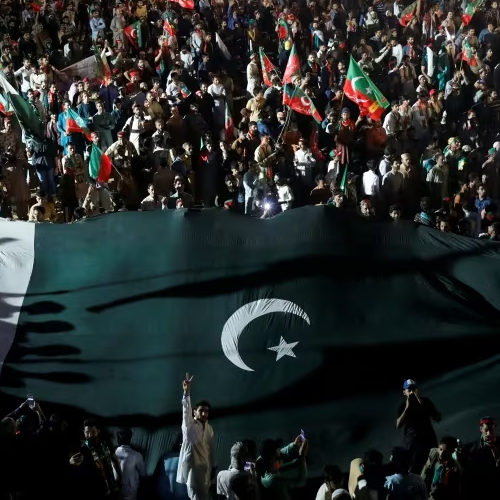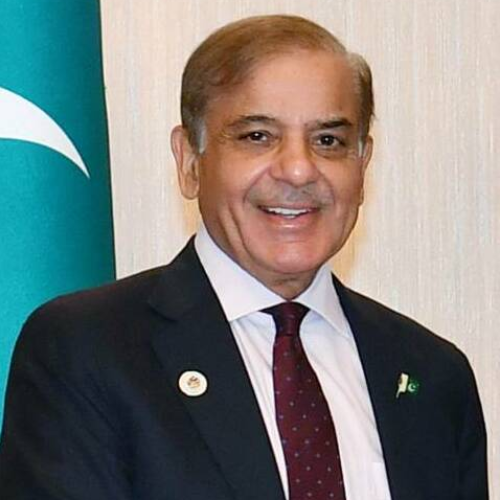Shehbaz Sharif, president of Pakistan Muslim League-Nawaz (PML-N), has conceded his party's willingness to sit in the opposition benches if independent candidates, suspected of being backed by the Pakistan Tehreek-e-Insaf (PTI), manage to form a government. This statement comes amidst ongoing political uncertainty following the 2024 general elections, where no party secured a clear majority.
Sharif's remarks highlight the complex political landscape in Pakistan, where independent candidates, often seen as loosely aligned with major parties, played a significant role in the recent elections. Some allege that PTI, led by former Prime Minister Imran Khan, covertly supported these independents, potentially influencing the outcome.

Sharif's statement implies that PML-N acknowledges the possibility of PTI forming a government through alliances with independents, even if they don't hold a direct majority. However, he asserts that such a government would require demonstrating a clear majority in the parliament, suggesting any attempts to form a government with the support of independents who lack a transparent mandate would be challenged.
This development raises several questions about the future of Pakistan's political landscape.
Transparency and Legitimacy: If a government is formed with the support of independents, ensuring transparency and public trust in the process will be crucial. Concerns regarding undue influence or manipulation by major parties like PTI need to be addressed.
Political Stability: The ability of any government formed through alliances with independents to function effectively and provide stability remains a concern. The potential for internal conflicts and disagreements within such a coalition could hinder governance.
Future of PML-N: Sharif's willingness to accept the opposition role indicates a potential shift in PML-N's strategy. It remains to be seen how the party will navigate the political landscape in the coming months and whether it will seek alliances with other parties to counter PTI's influence.
The situation in Pakistan remains fluid, and it is too early to predict the ultimate outcome. However, Shehbaz Sharif's statement highlights the complex dynamics at play and underscores the challenges of forming a stable government in the current political climate.


PTI Should make a Govt. as they have majority.
PTI should opt-in for opposition, as they could make more strong opposition then govt.